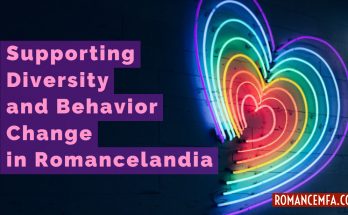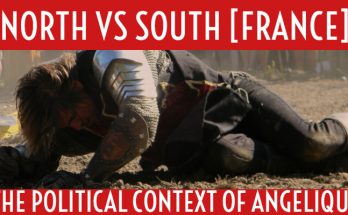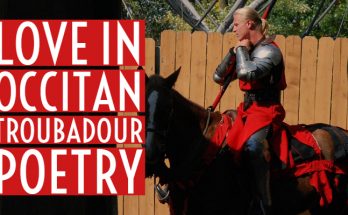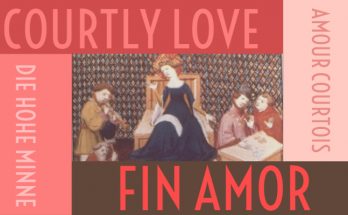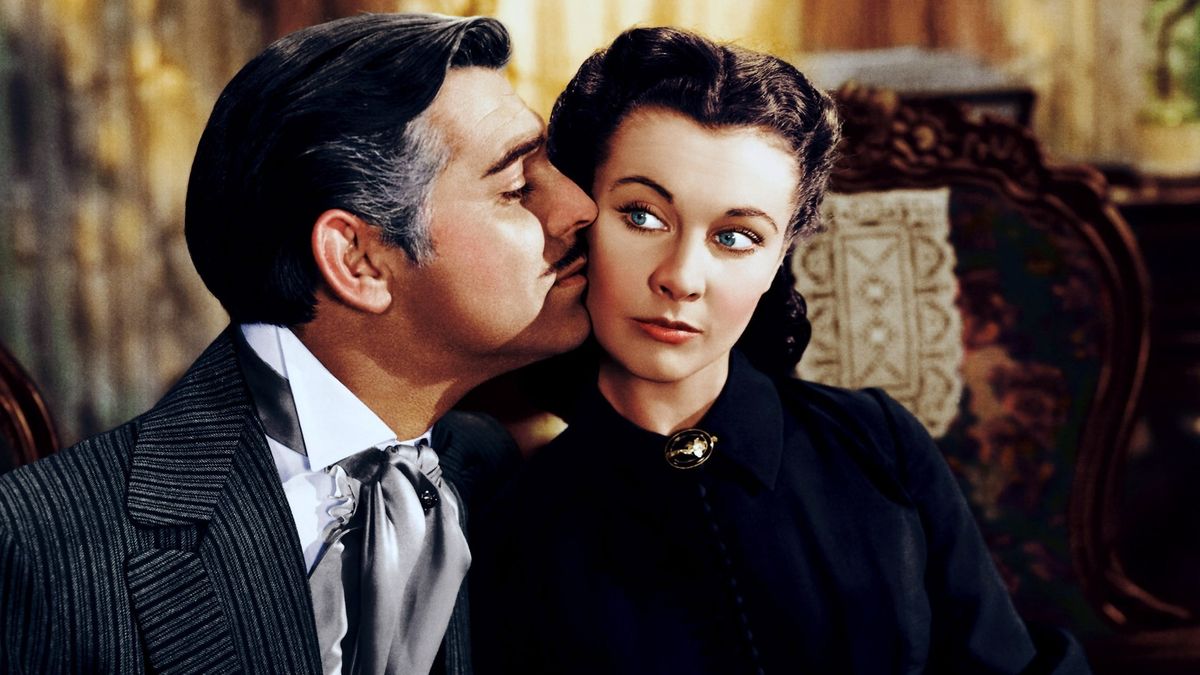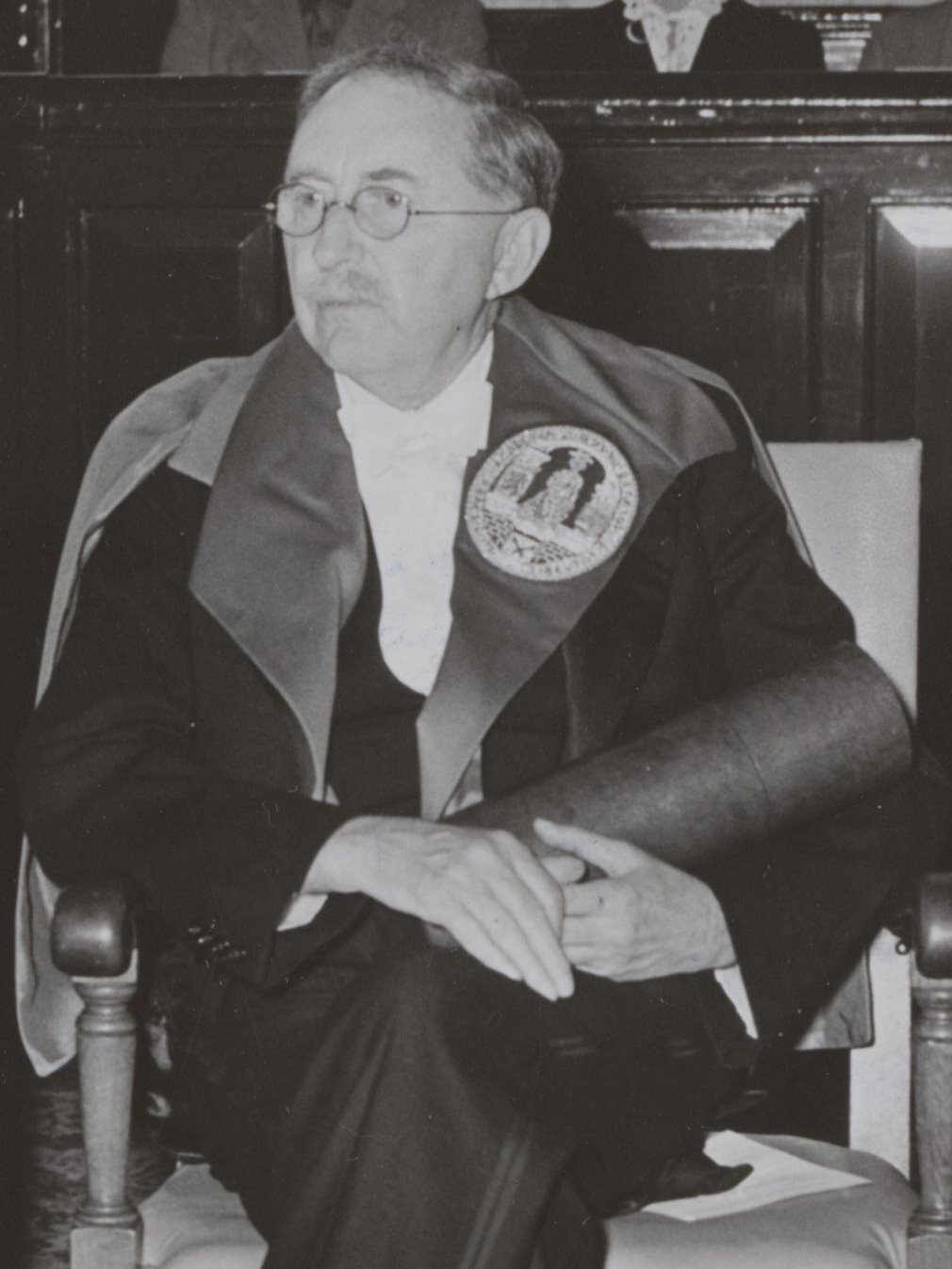Recent Posts
View All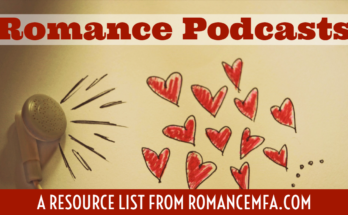
2022 Romance Podcast List Update
It’s true! After a two year hiatus, I’ve managed an update of the Romance Podcast List, with over one hundred active podcasts and more than seventy archived podcasts tracked in …
Discussion Topics
View AllTropes
View All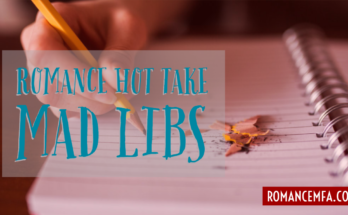
Romance genre hot take generator
Have you read the latest hot take think piece on romance novels? Romance Twitter was all atwitter about it yesterday. I only skimmed over it briefly because, as Cat Sebastian …
Writing Resources
View All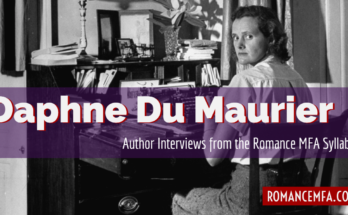
Author Interviews from the Romance MFA Syllabus: Daphne Du Maurier
This is part of an ongoing series to find interviews with authors whose books appear on the Romance MFA syllabus. Previous installments have featured E.M. Forster, E.M. Hull, and Margaret …
Lessons Learned
View All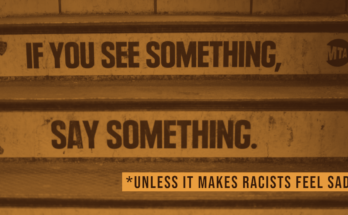
Romance Writers of America and Racism
It’s been quiet here since I spent October finishing a book draft, then jumped directly into Nanowrimo to write another one which is just about finished and I was going …
Research Reads
View All
Beard Science: the attractiveness of male facial hair
I’m working on my third Whitford Crew book and came to a place where I had to go back and count how many days it had been since my hero …









